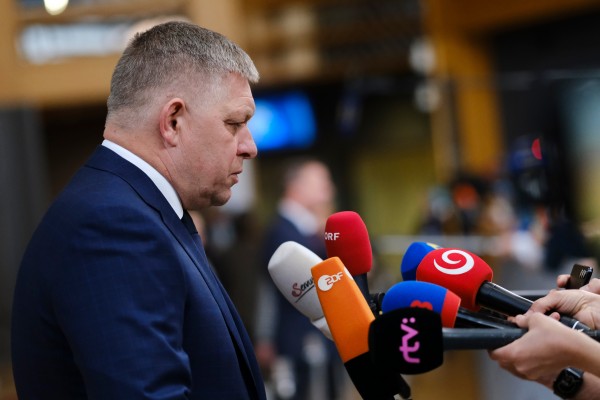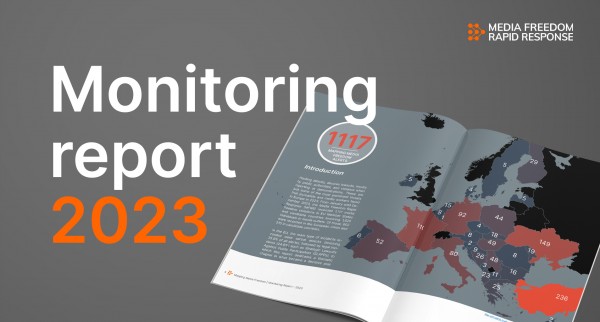This article was originally published on Sept. 18, 2019, by the Slovak Spectator. It is republished here with permission.
Slovak lawmakers approved changes to the country’s Press Code that grants politicians a “right of reply” in response to media content. Plans for the changes had attracted a storm of criticism earlier this year from press freedom groups, including the International Press Institute (IPI) and the Office of the OSCE’s Representative on Freedom of the Media. IPI warned in February that the new rules would “give politicians who are the subjects of critical news reports a convenient tool to retaliate against unwanted press coverage”.
The version of the bill passed on September 17 incorporated amendments from the opposition that blocked some of the worst aspects of the original proposal. Politicians will not be able to respond to opinions, as originally feared, but only to allegedly false statements of fact. In addition, those who take advantage of the right of reply will lose their right to correction. All of this amounts to a meaningless duplication of the law, but nevertheless reduces the scope of abuse.
Media outlets who refuse to comply with the right of reply will still face fines for doing so. But the worst did not come to pass.
Wrong time, wrong reasons
Still, lawmakers have sent the wrong signal with this move. The decision to amend the Press Code was done at the wrong time and for the wrong reasons. It was former PM Robert Fico himself who announced last year that he would push to bring in the right of reply to end “media terror and lynching” – in other words, to undermine Slovakia’s critical press, which remains vibrant. This is the same Robert Fico who previously called journalists “snakes” and “presstitutes” and who routinely refuses to respond to questions posed by critical journalists, along with other top figures including Parliament Speaker Andrej Danko.
The fact that Slovakia’s media avoided the worst in this case can’t hide the deeply troubling motivation behind the changes and “merely” shows that collective pressure based on international standards can work.
Although Slovakia has taken important steps toward solving the February 2018 murders of journalist Ján Kuciak and his fiancée, Martina Kušnírová, the trial of the alleged mastermind, Marián Kočner, has not yet started. The potential for impunity still looms large. Also unresolved is the mass, illegal surveillance operation against journalists on behalf of Kočner for a range of nefarious ends. The operation, revealed by Slovak media, monitored the targets’ personal life and daily activities, and obtained extensive access to official police databases, raising serious and still unanswered questions about the possible involvement of individual authorities.
A step backwards
Now, 18 months after Kuciak’s murder, the passage of the press code changes, however weakened, sends completely the wrong message. How can a government that spends time looking for new ways to harass the press be trusted to secure accountability for the state’s failure to protect journalists?
After Kuciak’s murder, the Slovak authorities promised – including in meetings with IPI and other international press freedom groups – to improve Slovakia’s laws and practices for protecting journalists as a response to the state’s failures. But that hasn’t happened. With so much on the line, developments like the press code changes are a step backwards and, unfortunately, a sign of a long road ahead toward meaningful and sustainable improvements to press freedom and journalist safety in Slovakia.



